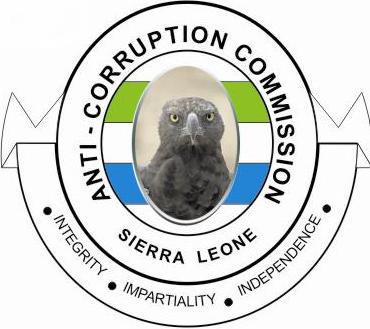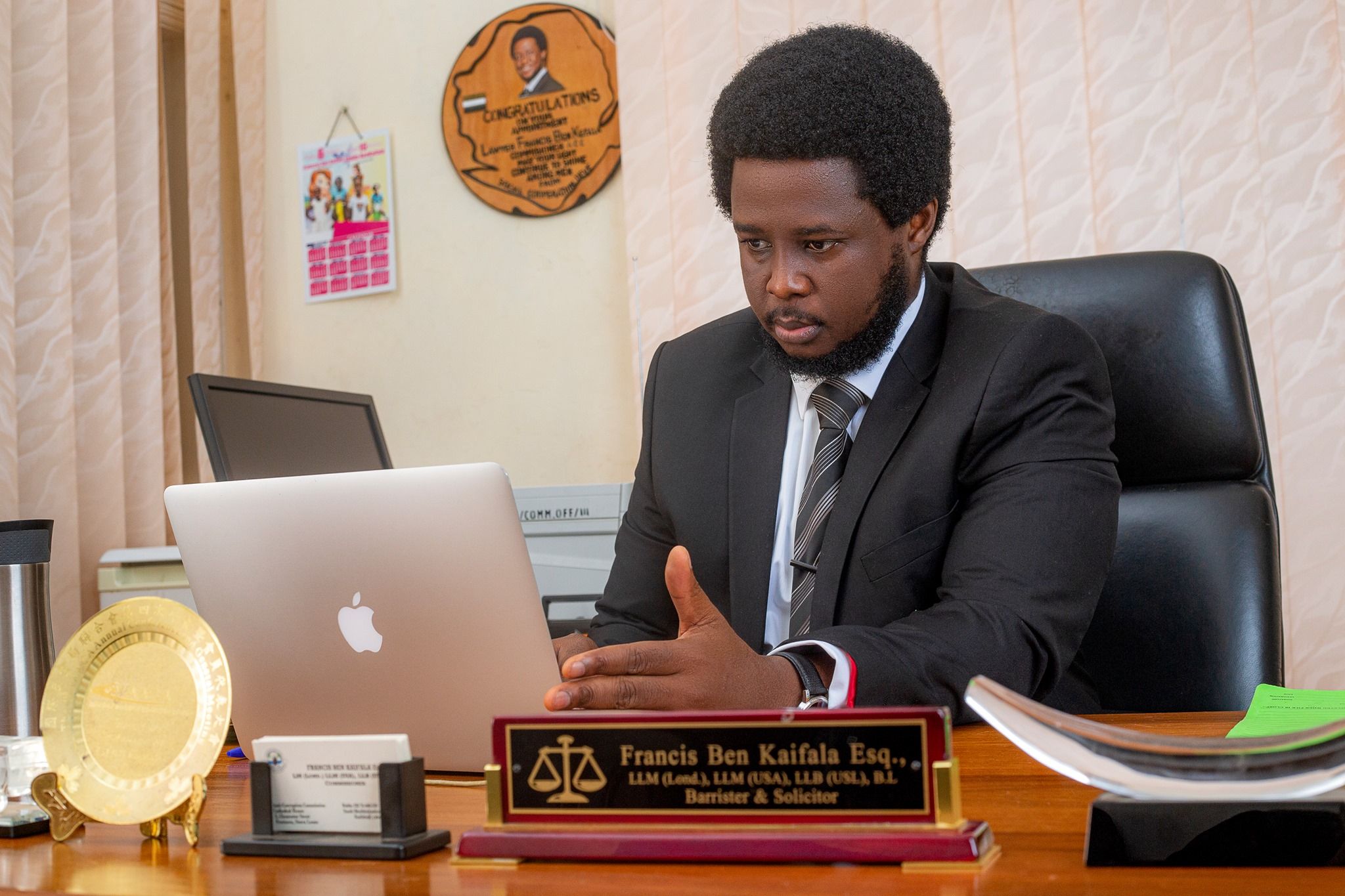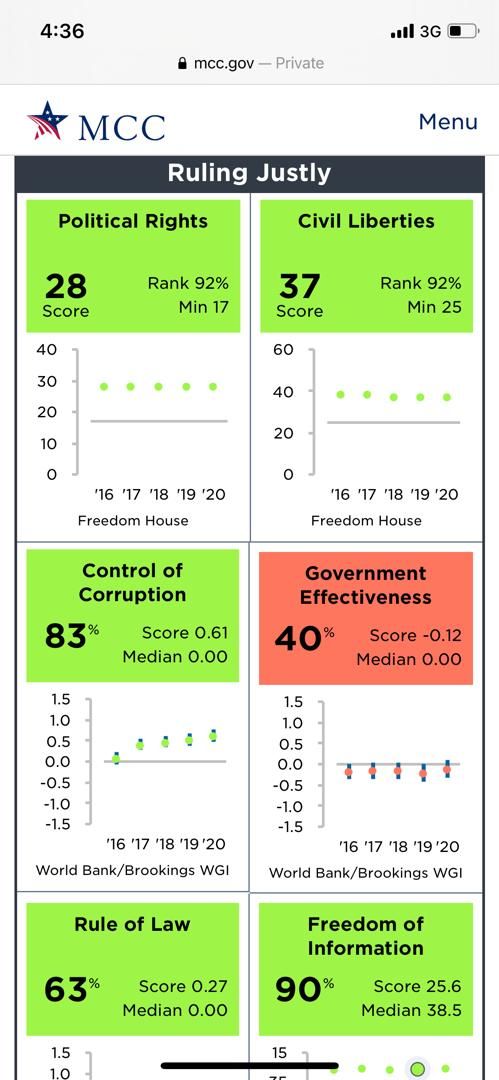By: Sylvanus Blake, Assistant Public Relations Officer, ACC
Sierra Leone, a small West African nation, has not been spared by hurtful conditions since after independence, especially the eleven years armed conflict that nearly brought the nation to a state of collapse. The years of successive bad governance, mismanagement of natural and other resources, and corruption, have led the country to be trapped in the vicious and ostensibly interminable cycle of deprivation and destitution.
Many schools of thought hold it that for these odds to be beaten, and the dignity of Sierra Leone and Sierra Leoneans restored and sustained, unhurried and sufficient efforts should be invested in the fight against corruption and other accountability and good governance campaigns. This eventually has led to several policy and institutional reforms that heralded the establishment and strengthening of institutions like the Anti-Corruption Commission (ACC), Human Rights Commission (HRC), Political Parties Registration Commission (PPRC), National Electoral Commission (NEC), among others.
Since the establishment of the ACC in 2000 by an Act of Parliament, which marked the commencement of this nation’s efforts to confront the scourge of corruption, not much had been achieved in the fight against scourge. Highly credible international ratings and indexes- like the Afro-Barometer rating, Transparency International Index, the Millennium Challenge Corporation (MCC) and national corruption perception surveys- up until 2017 did not speak satisfactorilyof our anti-graft efforts. Horrendous and disconcerting scorecards and reports were associated with Sierra Leone as one of the worst corrupt nations in the world. This classification has undermined the country’s efforts to woo investors and bolster the economy, while at the same time donor confidence plummeted.
When, in June of 2018, a new leadership was ushered in at the ACC, and leveraging on the existing manifesto promise of the Government that had assured of a zero tolerance stance against corruption, the trend started changing positively in the same indexes and indicators that Sierra Leone had failed all those years. Unmistakably the changing inclinations can be attributed to the spectacular manifestation of the barefaced commitment, audacity and resilience displayed by the ACC, something that was never seen before in the fight against corruption in Sierra Leone. These unprecedented results and accomplishments of the ACC have been acclaimed and endorsed the world over.
The most recent of such endorsements, is showcased in the recently-released Millennium Challenge Corporation Scorecard in which the country scored 83% in the mandatory ‘Control of Corruption’ Indicator. This recent gain has got tongues wagging as to the nature and purpose of the MCC assessment process, and its meaning and relevance to the fight against corruption. The expose below may help answer these questions:
What is the MCC Process all about?
In 2004, when the United States Government commenced the MCC with the clear objective of stimulating “World Bank-classified low and middle income countries to take deliberate and decisive actions to address the huge structural and other inadequacies in the provision of much needed social services that have culminated into rife poverty and deprivation”, not much relevance was given to it by countries like Sierra Leone. The annual scorecards are a key component in MCC’s annual competitive selection process that determines which countries are eligible to develop a five-year grant agreement, known as a “Compact”, with the United State. The scorecard indicators can also be used by the private sector, including businesses and investors, to make informed decisions and better understand the operating environment in a specific country for the purposes of investment.
The MCC’s competitive selection process is a data-driven, transparent, process for determining where the agency invests to reduce poverty through economic growth. To be considered for an MCC compact, countries are expected to first pass at least 10 of the 20 indicators on the scorecard, including the mandatory areas of Political Rights or Civil Liberties indicator, and the Control of Corruption indicator. This year, only 25 of the 78 countries assessed on the scorecard passed. Of these, Sierra Leone scored 83%, representing one of the best passes this year in her income category of 25 nations.
MCC’s rigorous eligibility criteria and competitive selection process creates a powerful incentive for countries to reform their policies even before a dollar is spent—referred to as “the MCC effect”. Countries around the world are using the MCC scorecard as a roadmap for policy and institutional reform in order to qualify for MCC funding.
The scorecard helps countries identify where improvement is needed to reduce poverty and social development issues through economic growth. MCC’s results framework is designed to foster learning and accountability, and it has served as a model for global dialogue about development results and aid effectiveness for over a decade.
The 2021 country scorecard, which consists of a collection of 20 independent, third-party indicators, also measures a country’s policy performance in the areas of economic freedom, ruling justly, and investing in people.
In Sierra Leone, since 2018, the Anti-Corruption Commission Sierra Leone has continued to bag steady, persistent and consistent progress in not only the MCC but other highly credible international indexes like the Transparency International Index and the Afro Barometer. This, without doubt, is another endorsement at one of the most significant and respectable international levels -that Sierra Leone’s anti-corruption campaign is a trailblazer that has showcased a stunning and remarkable disposition in the fight against corruption. These achievements have attracted a resounding and incontestable global endorsement. This is awesome for our nation.







